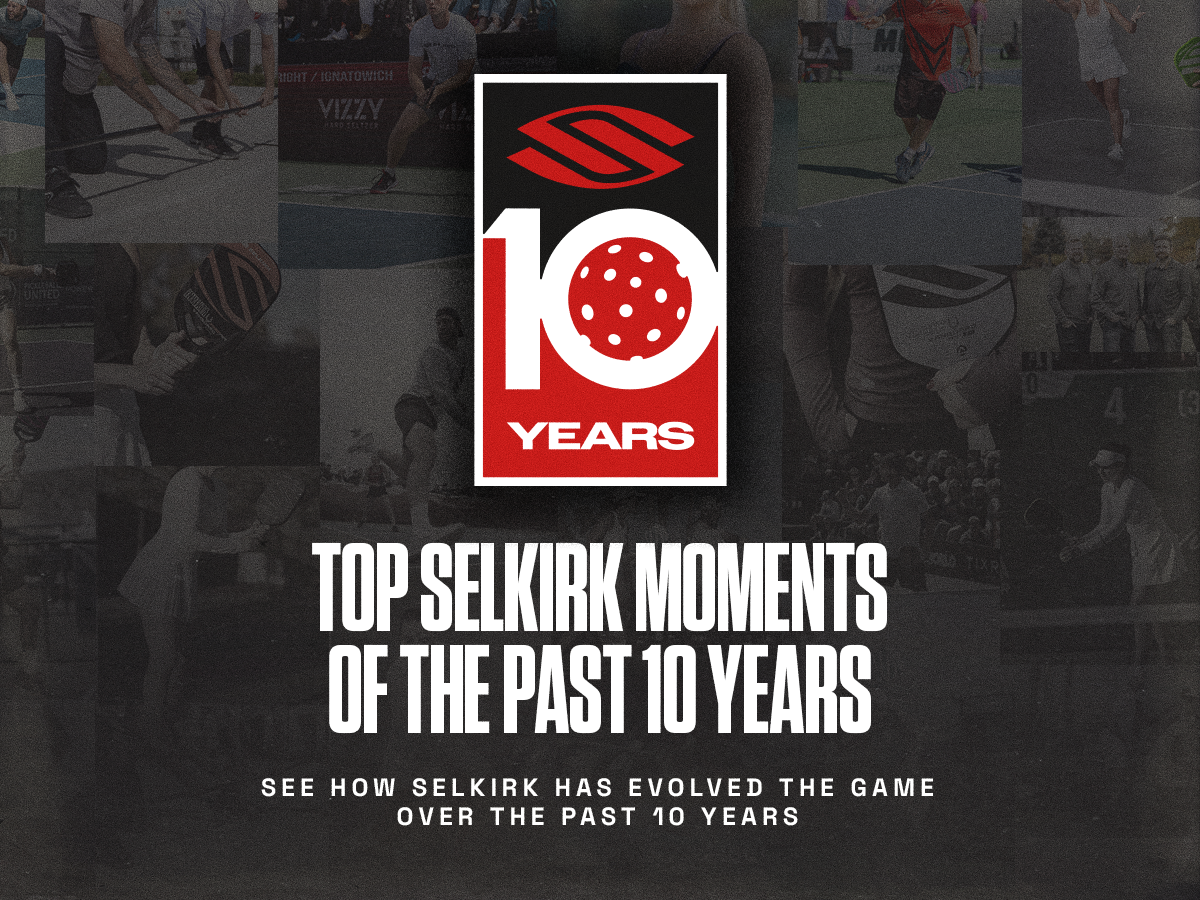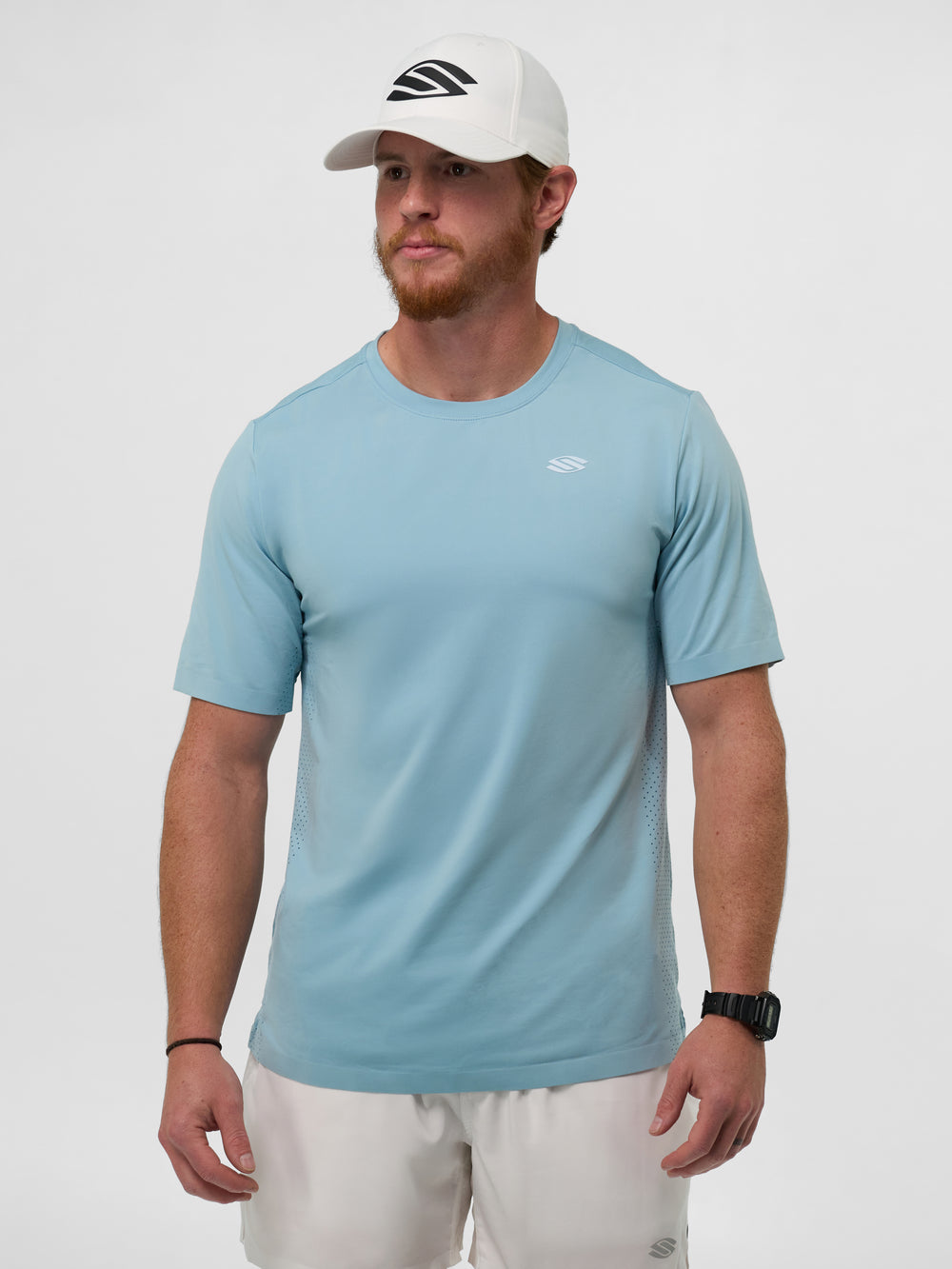If you’re looking to elevate your pickleball game, you might focus on paddle upgrades, drilling routines, or strength training.
However, one of the most overlooked tools for athletic improvement is something you do every night — sleep.
Quality rest is essential for muscle recovery, mental sharpness, and overall physical performance. Here’s how optimizing your sleep can give you an edge on the court.
Why sleep matters for pickleball performance
Pickleball is a fast-paced sport that demands quick reflexes, precise coordination, and sustained energy. Sleep supports all of these elements, opens in a new tab by allowing your body and brain to recover from the physical and cognitive stress of playing.
During deep sleep, your muscles repair and grow stronger while your brain consolidates new skills and strategies you've learned.
Chronic sleep deprivation, on the other hand, can impair reaction time, decision-making, and emotional control.
How much sleep do pickleball players need?
Individual needs vary, but most adults benefit from seven to nine hours of sleep per night. Athletes, including recreational and competitive pickleball players, may need even more to support recovery and performance.
If you’re training intensely, playing in multiple matches per week, or playing in harsh climates, aiming for eight to 10 hours could improve your stamina and reduce your risk of injury.
The connection between sleep and reaction time
Reaction time is critical in pickleball — whether you're returning a blistering serve or battling at the kitchen line.
Studies show, opens in a new tab that even a single night of poor sleep can significantly delay reaction times. Prioritizing consistent, high-quality sleep ensures you're more alert and agile during gameplay.
Building a sleep routine that supports your game
Just like a warm-up before a match, a solid nighttime routine sets you up for success. Consider these sleep-optimizing habits:
-
Set a consistent bedtime and wake-up time — even on weekends.
-
Avoid screens at least 30–60 minutes before bed, as blue light disrupts melatonin production.
-
Keep your bedroom cool, dark, and quiet to create an ideal sleep environment.
-
Limit caffeine and alcohol in the afternoon and evening, as both can interfere with sleep quality.
-
Wind down with a relaxing activity like stretching, reading, or meditating.
how naps can support training and recovery
If your schedule doesn’t allow for extended nighttime sleep, short naps can be a useful option.
A 20–30 minute nap after a morning training session or before an evening match can boost alertness and coordination without leaving you groggy.
Signs your sleep may be holding back your game
You might be sleeping enough hours but still not getting restful sleep. Here are a few red flags:
-
You regularly wake up feeling tired or foggy.
-
Your energy dips significantly during afternoon play.
-
You have trouble staying focused during matches or practice.
-
Your reaction time feels sluggish, especially in tight points.
If these sound familiar, try improving your sleep hygiene or consider speaking with a healthcare provider to rule out sleep disorders.
Sleep tracking tools for pickleball players
If you're serious about improving your game, you may want to monitor your sleep just like you do your on-court stats.
Fitness trackers and smartwatches can help you identify sleep trends, track recovery, and fine-tune your schedule. Just be sure not to obsess — sleep data should guide healthy habits, not create stress.
























































